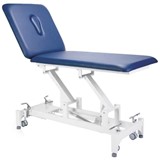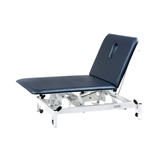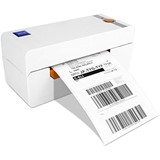NSAIDs are commonly used to treat pain and inflammation associated with rheumatoid arthritis and other musculoskeletal disorders. In Australia, NSAIDs include both prescription and over-the-counter medicines, such as celecoxib (Celebrex), ibuprofen (Nurofen) and diclofenac (Voltaren).
Despite guidelines recommending the short term use of NSAIDs, the study of 1700 older Australian men aged 70 years and older reports that patients were prescribed these drugs for five years on average.
"Prescribing doctors are not adhering to the specific guidelines for the safe use of NSAIDs in older people," said lead author of the paper Dr Danijela Gnjidic from the Faculty of Pharmacy at the University of Sydney.
'For short-term use at low doses'
Dr Gnjidic said: "Australian and international guidelines suggest NSAIDs should be used for short-term treatment and be taken as needed. This is clearly not what is happening in reality.
"Our study found that although NSAID use was relatively low, it was more likely to be on a regular basis than an as-needed basis.
"Older people have a higher risk of developing serious complications from taking NSAIDs, so they should be used with caution.
"It is important to regularly review medicines taken by older people to ensure they meet their treatment goals while avoiding putting patients at greater risk of harmful side effects."
The Australian Self Medication Industry (ASMI) said over-the-counter (OTC) NSAIDs should be taken at the recommended dose for short-term pain relief.
ASMI Director of Regulatory and Scientific Affairs Steve Scarff said: "In Australia, rigorous controls on the registration and labelling of OTC NSAIDs are in place.
"They are approved by the Therapeutic Goods Administration (TGA) for short-term use at low doses for self-limiting conditions and there are warnings on the label for anyone who is in a high risk category such as the elderly and people with heart problems or liver disease.
"It is important that consumers follow the instructions on the label and only use the medicine as directed."











-160x160-state_article-rel-cat.png)








